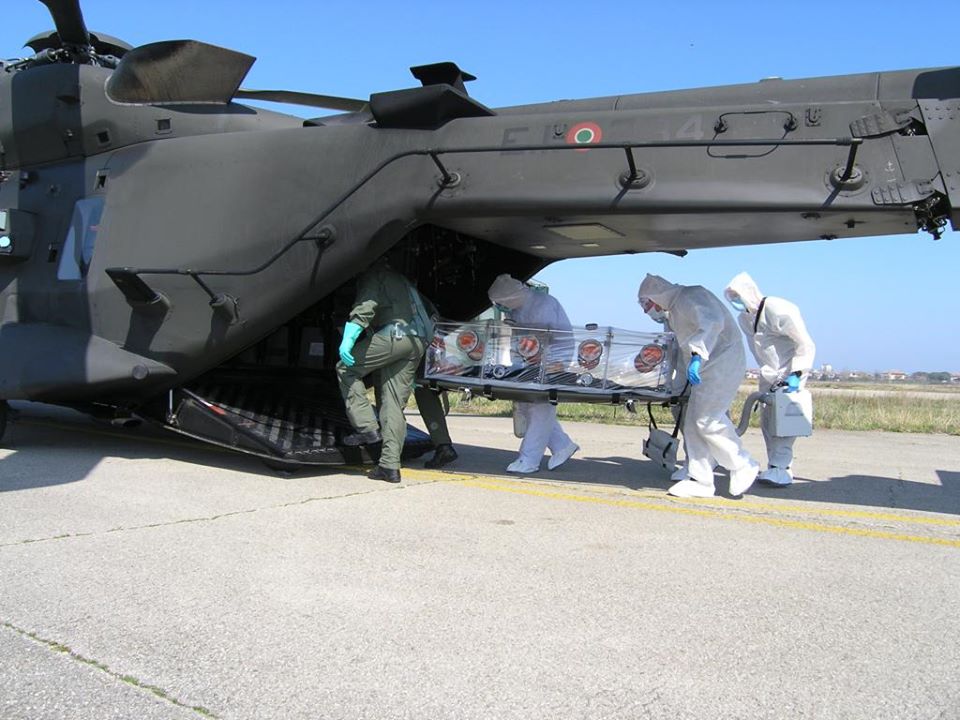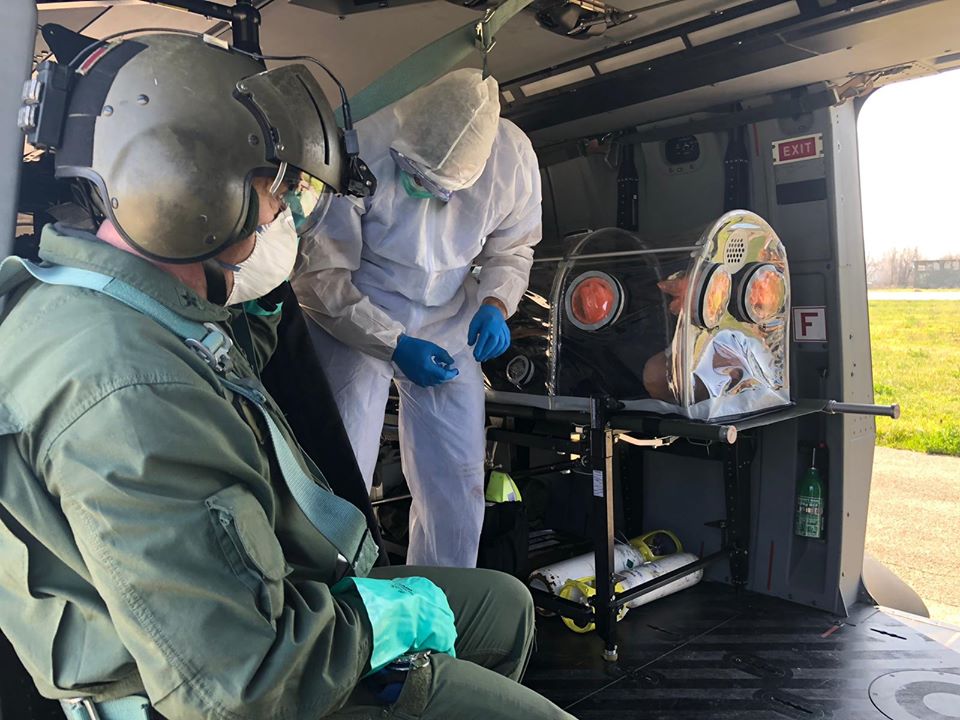Érdekes írás, érdemes elolvasni...
Ilyeneket írnak benne:
The ground crews were surprised at how well the high-tech NH90 performed in the desert, but there were some issues. “In Afghanistan the main problem was that the aircraft were in cold tents, and we had a lot of problems with the electronics because of the constant change in temperature as we moved them from the cold tents to the hot environment,” said Coda, adding that the resulting condensate became a problem in an unusual way: “The water mixed with the dust and it became like concrete.”
In Mali the aircraft were kept in tents at ambient temperature, but environmental dust entering the LRUs was causing them to overheat. With limited spares and critical missions hanging in the balance, crews were compelled to open the LRUs to clean them out.
Meanwhile, the dust was attacking the rest of the aircraft. “You could see that the dust was affecting the main rotor blades,” Coda said. “One of our guys had an idea to laminate them with a type of tape.” While similar techniques are common in other aircraft types, this had not yet been attempted with the NH90. Erosion had damaged 78 blades within four months, much faster than they could be repaired. After the tape was applied, the problem was largely eradicated."
“The whole training course for new technicians is two-and-a-half years,” said Coda. “And by 2023 we must be compliant with civilian regulations, which will take even more training.”
The NH90 also has a complex maintenance schedule. “The aircraft requires a lot more work than the Huey,” explained Coda. “We have two inspection systems, one based on flight hours and [the] other on the calendar.”
Most of the inspections are done at the unit, but some are carried out under contract at Donauwörth. Up to three aircraft can undergo a 600-hour service at once, but this procedure takes a staggering 18 months in which the aircraft is completely stripped and rebuilt. “Often there is still sand inside [the aircraft] from Mali,” said Coda.
It would have been easy for its operators in Transporthubschrauber Regiment 10 to lose faith in an aircraft that they must have, at times, felt like they were beta-testing. Instead, they have adapted, exploited the technological advantage the aircraft offers, and forced it to work in challenging conditions.









